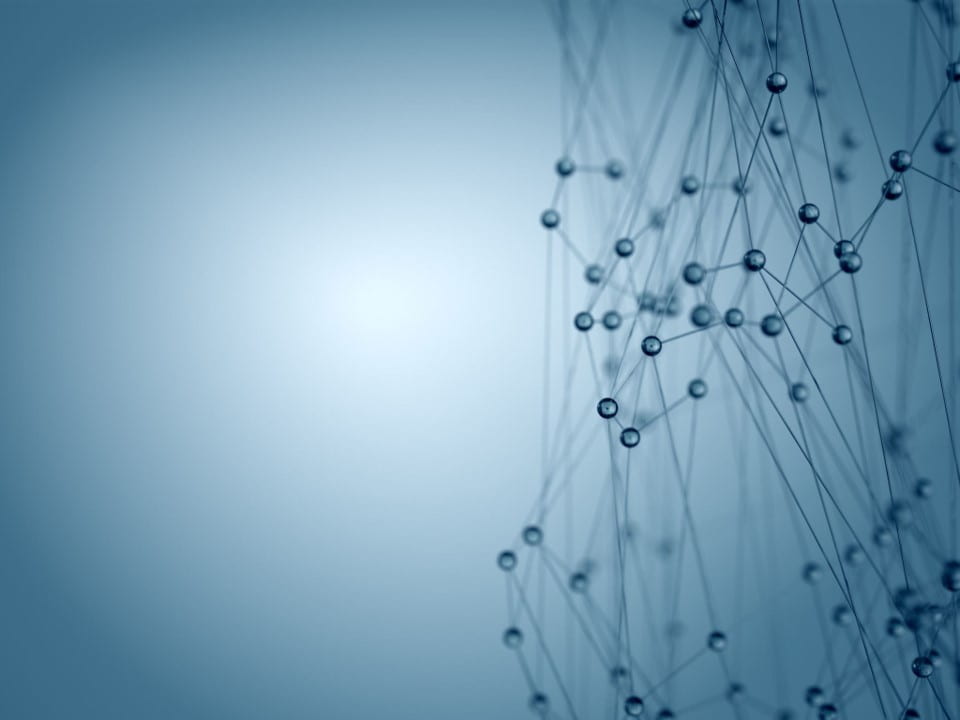On February 15th, 2023, the Next Level Lab hosted a presentation by Dr. Sarah Dryden-Peterson, Associate Professor at the Harvard Graduate School of Education and Founder and Director of Refugee Reach, which engages in research, education and action to support communities and quality education in settings of migration and displacement around the globe.
Next Level Lab Doctoral Researcher Eileen McGivney introduced Dr. Dryden-Peterson and shared how her work centers the role of education in creating more peaceful and participatory societies as well as supporting displaced children who live in uncertain circumstances. Her boundary-crossing work spans the realms of research, practice and policies to help transform the lives of refugee children, families, and communities.
Dr. Dryden-Peterson opened with a big question:
What would it take to ensure that all young people, globally, have access to opportunities to learn, to feel a sense of belonging, and also be prepared to help build a more peaceful and equitable future?
Through deep ethnographic study including over six hundred interviews in twenty-three countries, her work was created in collaboration with displaced communities. Her discussion focused on three dimensions of refugee education:
- Purpose of education
- Forms of power over what and how children learn
- The pedagogies by which education acts on inequities
Exploring the metaphor of fitting into boxes, Dr. Dryden-Peterson discussed how often refugee children and their families don’t fit into the typical boxes of education often assumed by countries. In discussing the particular experiences of a child in an Ugandan camp, she described how refugee children grow up in a world seemingly apart from other children, especially economically, politically, and in the case in Uganda, even physically sat on different, more packed benches in the classroom. This, she added, highlights the unequal opportunity structured by the notions of power and pedagogy often embedded in refugees’ education.
Situating refugee education into Bronfenbrenner’s ecological systems theory, Peterson explored the interactive systems (mico-, meso-, macro-, chrono-) that impact individuals’ lives from families and peers to schools up to laws and policies. All of these, she emphasized, are situated within a historical context. In particular, she described the role of power, purpose and pedagogies at different levels of these intersecting systems.
After sharing the legal definition of refugee, Dr. Dryden-Peterson explained that what is often obscured is what happens “after that moment of arrival” and how the term can be used to exclude and disempower. She defined a refugee as “one who seeks refuge,” with the intent to share space. She continued by sharing data on where and how long refugees are typically displaced. The majority of refugees live in low-income neighboring host countries and eighty percent are typically displaced for at least 5 years, while twenty percent are displaced over 20 years. Given these numbers, she shared that exile may be the “one and only chance” that refugee children have for an education.
Power in Refugee Education: Who is ‘responsible’?
Dr. Dryden-Peterson explained that this question of responsibility has had different answers across time, but now, the most common assumption is that governments are responsible for refugee education. However, these governments often structure education with a focus on the internal endeavor of developing a nation’s citizens, while for refugees, education is inherently global and concerned with the learning of non-citizens or potentially never citizens. Although there’s been a more recent shift towards nationalizing refugee education by integrating it into national systems, the relational integration of refugee children’s needs in education are still not sufficient.
Purposes in Refugee Education
In considering the purposes of refugee education, Dr. Dryden-Peterson presented three frameworks:
- Connections among past, present, and future.
- The kinds of inequalities that refugees face in their education
- The divergent views of refugees’ futures
Dr. Dryden-Peterson explained that for refugee children and their families, the purposes of education include a relationship with histories (past), as well as needs for place-making (present) and future-building (future) which take into account their transient, non-linear circumstances. She referenced Nancy Fraser, who posits that access to equal opportunity requires both redistribution (resource-based) and recognition (identity-based). Traditionally, education for displaced communities has focused almost exclusively on addressing resource-based inequalities, but have neglected refugee communities’ need to be recognized.
Pedagogies in Refugee Education
Dr. Dryden-Peterson discussed how pedagogies can help to disrupt identity-based inequalities for refugee children and their communities. To illustrate these dilemmas in the classroom space, she shared an animation reflecting their research with refugee communities in Beirut, Lebanon, specifically grade 9 students. In the video, she highlighted the struggles of two teachers trying to navigate their roles and responsibilities, while refugee students grapple with understanding their marginalization yet still desiring different experiences in the classroom.
She continued by highlighting how the different elements of their learning experience acted as either barriers to identity-based equity (classroom structures and content) or as opportunities to build them up and make them feel included (pedagogies and relationships). In contemporary conversations, these opportunities for recognition are characterized as pedagogies of belonging. She went on to describe these different pedagogies of belonging, which include pedagogies of predictability (knowing and trusting), adaptability (negotiation, co-construction, and transparency) and future-building (applicability and choice).
Dr. Dryden-Peterson shared that further exploration of how teachers learn these pedagogies of belonging is underway. She returned to the ecological model to remind us that these pedagogies exist in a larger context. The distinctions between the various spheres of influence are not clean delineations, but messy realities. However, if we are able to create better alignment between power, purposes, and pedagogies, we can create more opportunities for transformative and supportive learning contexts in refugee communities.
—
by Mari Longmire, NLL Research Assistant
